Travel Guides
Honolulu Airport WiFi: Tips for Staying Connected
If you are looking for ways to have internet connection during your arrival in Hawai, learn all about how to get wifi in Honolulu Airport
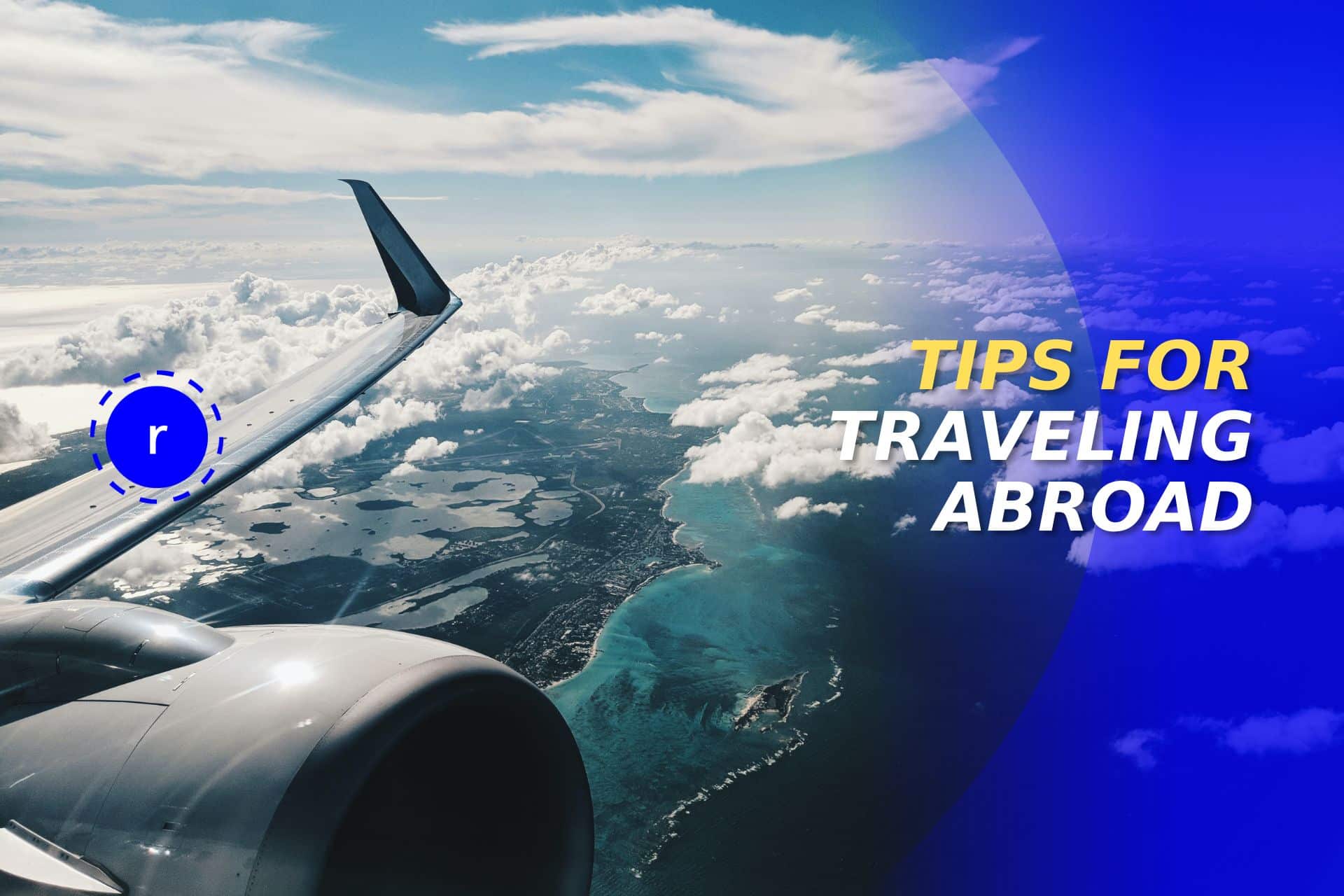
Table of Contents
Before actually getting on an airplane and leaving to have your dream vacation, you most likely have a plan and an itinerary, and you need tips for traveling abroad. You need to keep several things in mind, like local customs and regulations at your destination, currency access, and, very importantly, ensuring your internet connection abroad. Continue reading and be prepared for your next journey with no head, and remember, no stress, no mess.
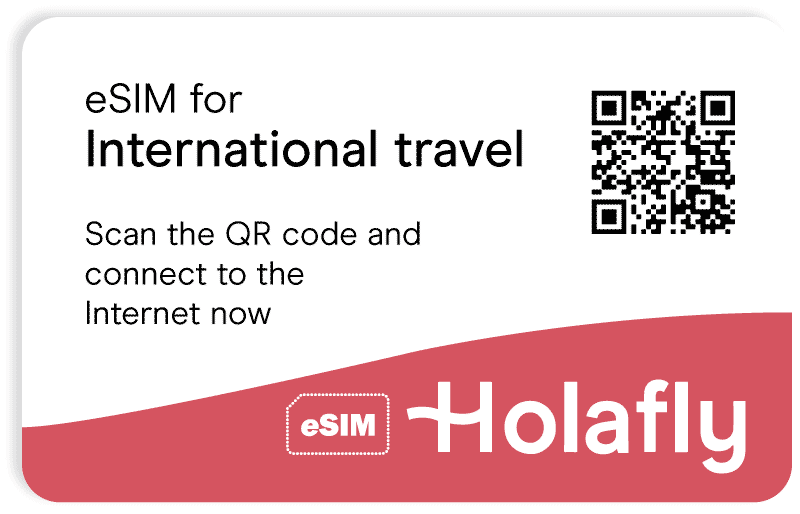
There are a ton of tips that we can give you, from planning your trip to contributing positively to your destination as well. Additionally, it’s important to comply with local legal regulations; the last thing you want is to end up inadvertently in trouble with local law enforcement. In some instances, you might be rejected at the airport, so keep on the lookout for what you have to present once you arrive.
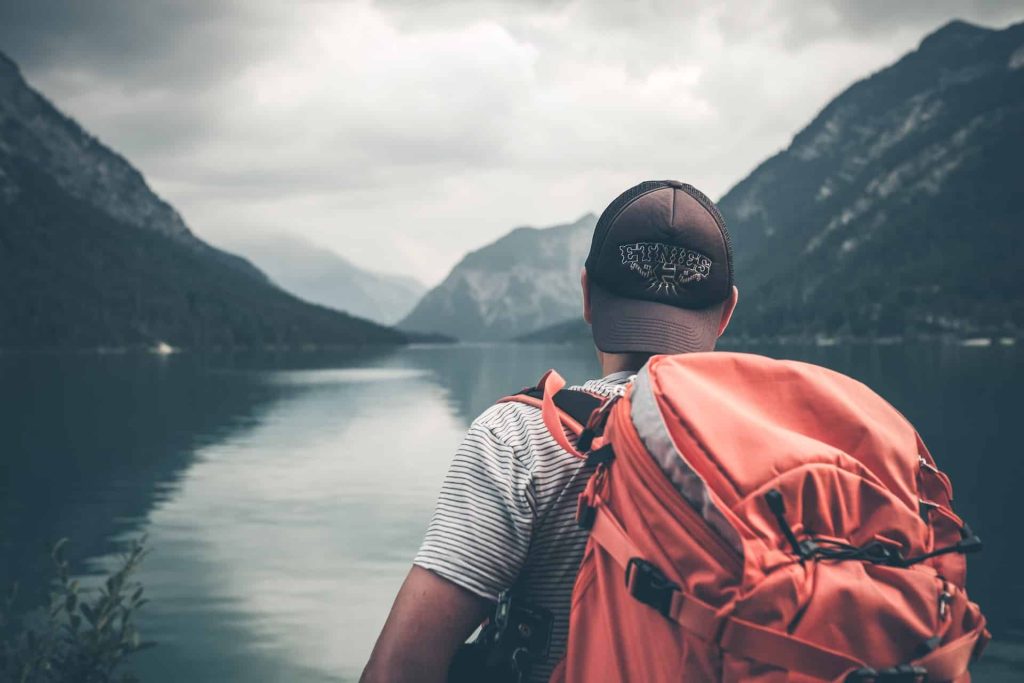
This may be one of the most important steps before traveling abroad. Familiarizing yourself with the country or region that you’re going to be vital.
Begin by thoroughly studying your destination. Understand its geography, climate, customs, traditions, and cultural norms. This can help you understand the local way of life and prevent offending anyone unintentionally. To prioritize your must-see areas, research the major attractions, landmarks, and historical sites. Moreover, with these details in mind, it can also help you decide what other activities you’d like to participate in.
Check the visa requirements for your destination as soon as possible. Learn whether you need a visa, how to get one, and whether there are any special entrance requirements, such as a valid passport, proof of onward travel, or travel insurance. Some countries may also have unique visa-free entrance agreements, which you should be aware of.
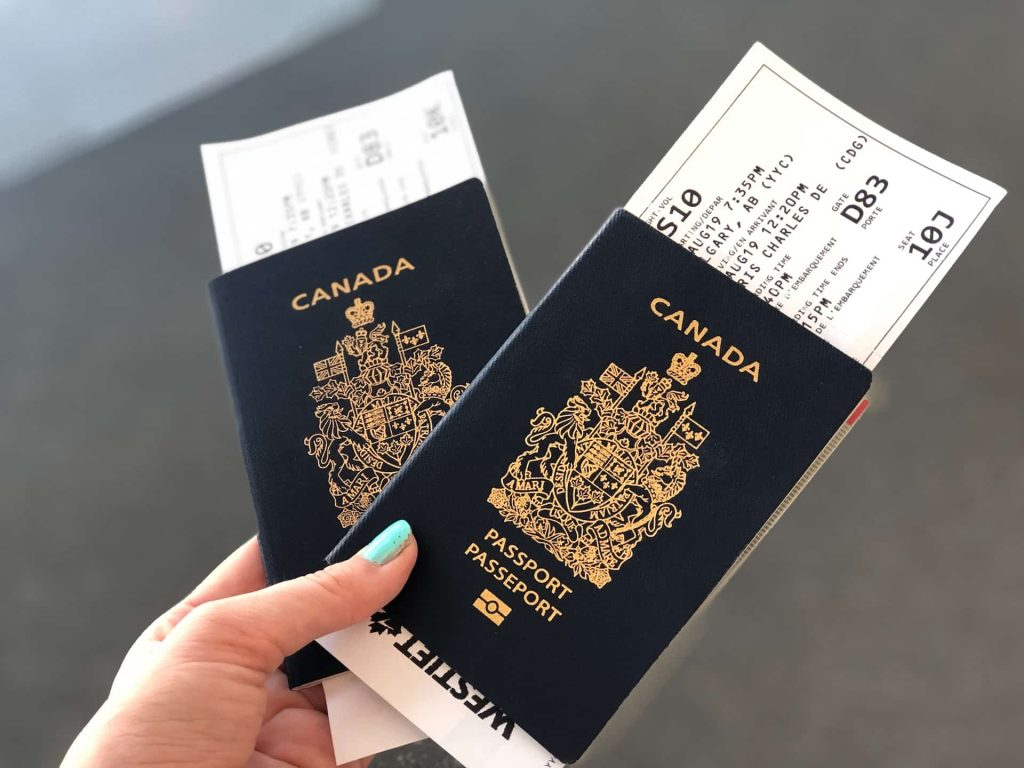
Check to see if any vaccines are advised or required for your trip. Consult a travel clinic or your healthcare practitioner to verify you have all of your usual immunizations up to date and to discuss any additional vaccines or preventive drugs that may be required based on your trip plans.
Explore domestic transportation options such as public transportation, vehicle rentals, and domestic flights. When making your decision, keep expenses, convenience, and safety in mind. To find options that meet your preferences and budget, research different types of accommodations (hotels, hostels, vacation rentals) and read reviews.
Learn a few simple phrases in the language of your destination. While English is frequently spoken in tourist regions, attempting to speak in the local language can help break the ice and enrich your experience. Carry a phrasebook with you or utilize translation apps to help you overcome linguistic difficulties.
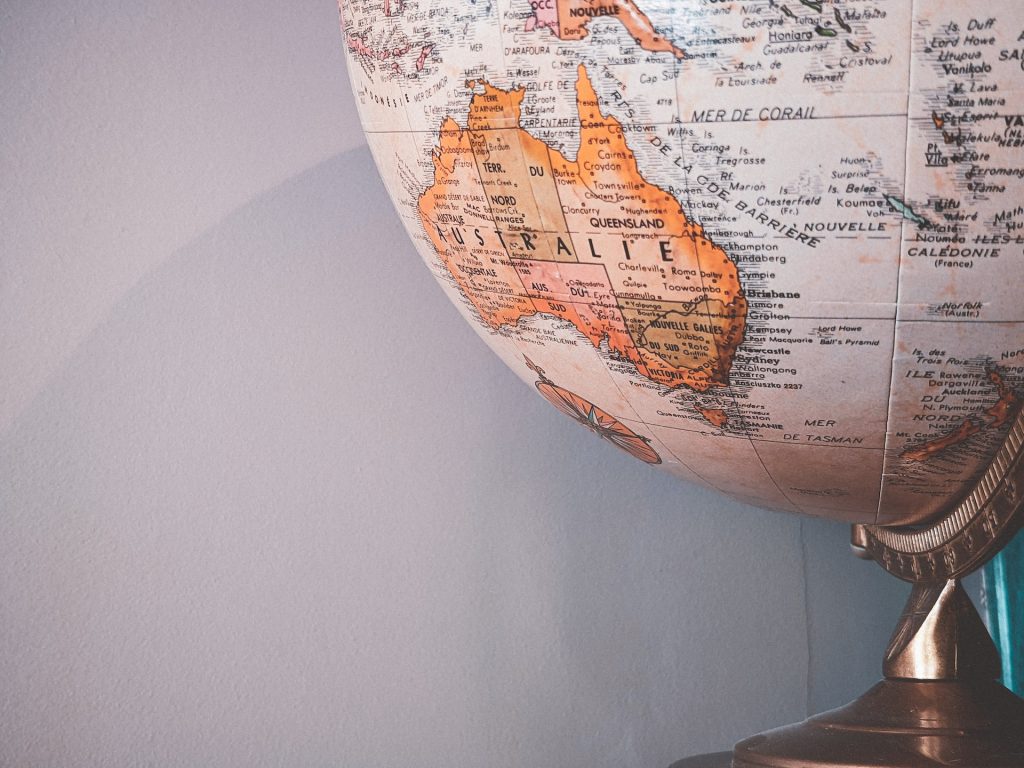
Making a travel itinerary is an essential part of vacation preparation. It allows you to properly arrange your schedule and make the most of your trip. Here’s a rundown of the essential factors to consider when planning a trip:
Remember, you can make a written or printed travel itinerary, and there are even apps to keep everything digital. Check out the Best Apps to Travel. If you’d like more on how to make your own travel plans and tips, click here for a step-by-step guide!
Understand your destination’s climate and weather trends during your visit. This will assist you in packing appropriate clothing and equipment. Prepare for unexpected variations in the weather by packing adaptable, layered clothing. Don’t forget sunscreen, insect repellent, and any specialist gear required for your planned activities. This is an important tip for traveling so you’re not uncomfortable while in another climate, especially tropical and humid.

In today’s globalized world, you need to stay connected even when you’re traveling, and, most of all, a data connection will assist you if you need to check for an address or route, look for a restaurant, or even an attraction open hours. There are plenty of options to connect, and we want to give you some tips and more information on what each alternative entails so you can choose the one that’ll fit your travel plans and needs!
Check with your cellphone service provider to determine if international roaming is available. This allows you to use your phone and data plan when traveling abroad. Understand the costs of foreign roaming, including call, text, and data usage charges. Keep in mind that these rates and fees are generally very expensive. If you decide to go for this option, use your data and cellular service wisely and monitor it closely to avoid excessive bills. Roaming costs can be expensive, so it’s critical to be aware of them. Inquire about any special foreign roaming packages or plans that your carrier may provide. These plans may provide more cost-effective solutions for data use and international calls.
Getting a local SIM card is a common way to stay connected while traveling. It provides you with a local phone number as well as access to local rates for calls, texts, and data. Check to see if your phone is unlocked and works with the local network. You may need to request an unlock code if it is tied to your home provider. Research local cellular service providers in your destination and compare their coverage, data bundles, and costs. When you arrive, get a local SIM card. This is frequently done in airports, local businesses, and convenience stores. To activate the SIM card and add credit or data packages, follow the instructions provided by the seller.
The innovative eSIM has revolutionized the communications industry and is becoming a popular trend among travelers and digital nomads. An eSIM is the next step in accessing a data plan and staying connected around the world or even at home! With a prior internet connection, you can easily buy an eSIM online!
Holafly’s International eSIM guarantees a stable and reliable connection from the moment you arrive and step off the plan. With their easy purchase and installation, you’ll be online in no time! All you have to do is go on to their website, select your vacation country and that’s it! You’ll get your installation QR on your email in seconds. With an easy set up on your phone, you’ll be good to go.
Related post: eSIM compatible devices
Public Wi-Fi hotspots are available in most destinations, including hotels, cafés, restaurants, and other public spaces. When feasible, connect to safe and trusted Wi-Fi networks. When utilizing public, unsecured Wi-Fi networks, be cautious because they can pose security hazards and use a virtual private network (VPN) to encrypt your internet connection and protect your data. Remember that this connection may be slow and unstable, so best to only use it in an emergency.
Finally, learn about the customs and traditions of the place you’re visiting. Respect local customs, dress modestly when necessary, and learn a few key phrases in the local language. This demonstrates respect and can help to foster productive interactions with locals. Enjoy your time in a world different from your own and take with you the good things, and try to leave them with the best of you as well.
Food is one of the best ways to learn about a new culture. Experiment with local specialties and street food. Ask locals for ideas or join a food tour to discover the region’s culinary treasures.
Pack essentials such as travel documents, appropriate clothing, toiletries, medication, adapters, and any specific items relevant to your destination or activities.
Currency exchange can be done at banks, exchange offices, or ATMs. Compare rates, be aware of fees, and notify your bank before using your cards abroad.
Check with your mobile service provider regarding international roaming or consider purchasing a local SIM card or using portable Wi-Fi devices, even eSIMs are available!
Learning a few basic phrases can enhance your travel experience, but English is often widely understood. Politeness and respect transcend language barriers.
Travel Guides
Honolulu Airport WiFi: Tips for Staying Connected
If you are looking for ways to have internet connection during your arrival in Hawai, learn all about how to get wifi in Honolulu Airport
Travel Guides
Where to travel in November?
Are you planning on traveling in November? Here's all the info you need to know to prepare an ideal trip during those days!
Travel Guides
Making International Calls from Europe: A Step-by-Step Guide
Discover how to stay connected with international calls from Europe with this quick guide. Including tips and plans ideal for travelers
Travel Guides
Making International Calls from Germany: A Step-by-Step Guide
Making international calls while you are in Germany should not be difficult. Learn with us how to do it and the options to save money.